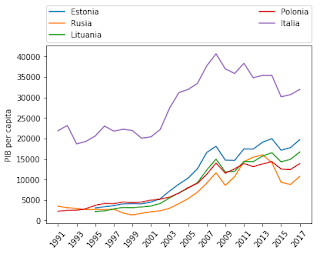Over twelve years ago I wrote in Spanish an article about a document that Russian dissident Bukovsky found when he finally had a one time access to the KGB archives. This documents shows how the president of the Venezuelan Communist Party back in the eighties, Faria, asked the KGB to train his nephew in sabotage and the usual stuff extreme leftists train into when they want to sabotage a government. This nephew, working at a Venezuelan university, was going to the Soviet Union in the framework of a scholarship but, as others, simply used that for ideological purposes. The documents showed the petition was approved.
We do not know what happened afterwards but we know the extreme left used the opportunity in early 1989 to promote riots in Venezuela. Those riots were later known as El Caracazo. The military and the extreme left got into a lot of violence. The military was definitely responsible for many of the killings but the whole thing was murky to say the least. One of the military officials who went to fight against the extreme left was the brother of a military who later became one of Chavez's people. That man was killed. Even if he was fighting against the extreme left, this extreme left later considered him a victim of the right. Anyway, a myth became part of Venezuela's history that up to 5500 people were murdered back then. The curious thing is that even if almost all Venezuelans over 16 year old had an ID at that time there was never a list of missing people that added more names to the 270 identified victims. Even if the relatives of those who died asked for an independent investigation, none was carried out. The most curious thing about those times was that those military who actually were responsible for crimes against the extreme left became later the representatives of that extreme left. Two examples were Roger Cordero Lara, shooting at unarmed leftists in the IV Republic and representing armed lefists in the V and Ramon Rodriguez Chacin, who was in the top military group hunting leftists and when the leftist came to power became minister and big landowner.
Anyway: the current ambassador of Venezuela to Russia is Carlos Faria, the son of that communist who asked a foreign intelligence service to train another relative in sabotage.




















